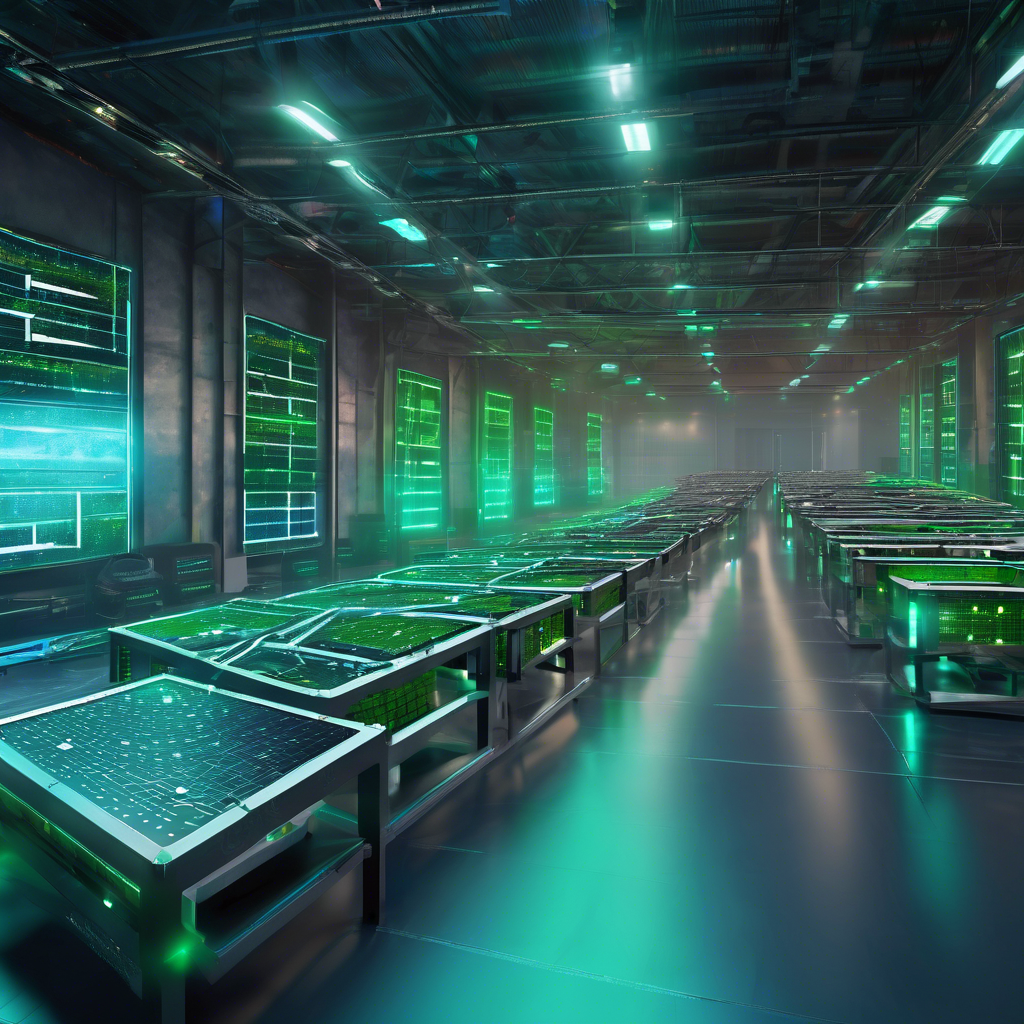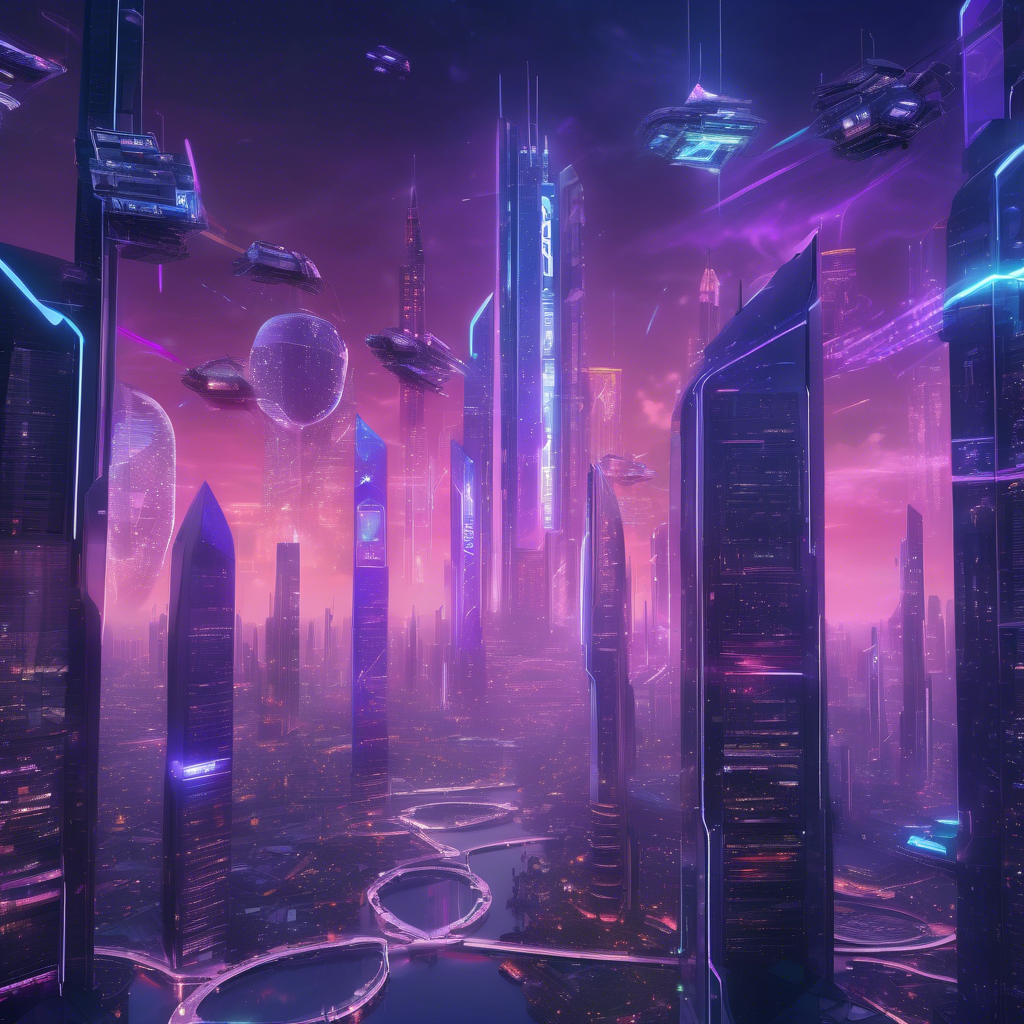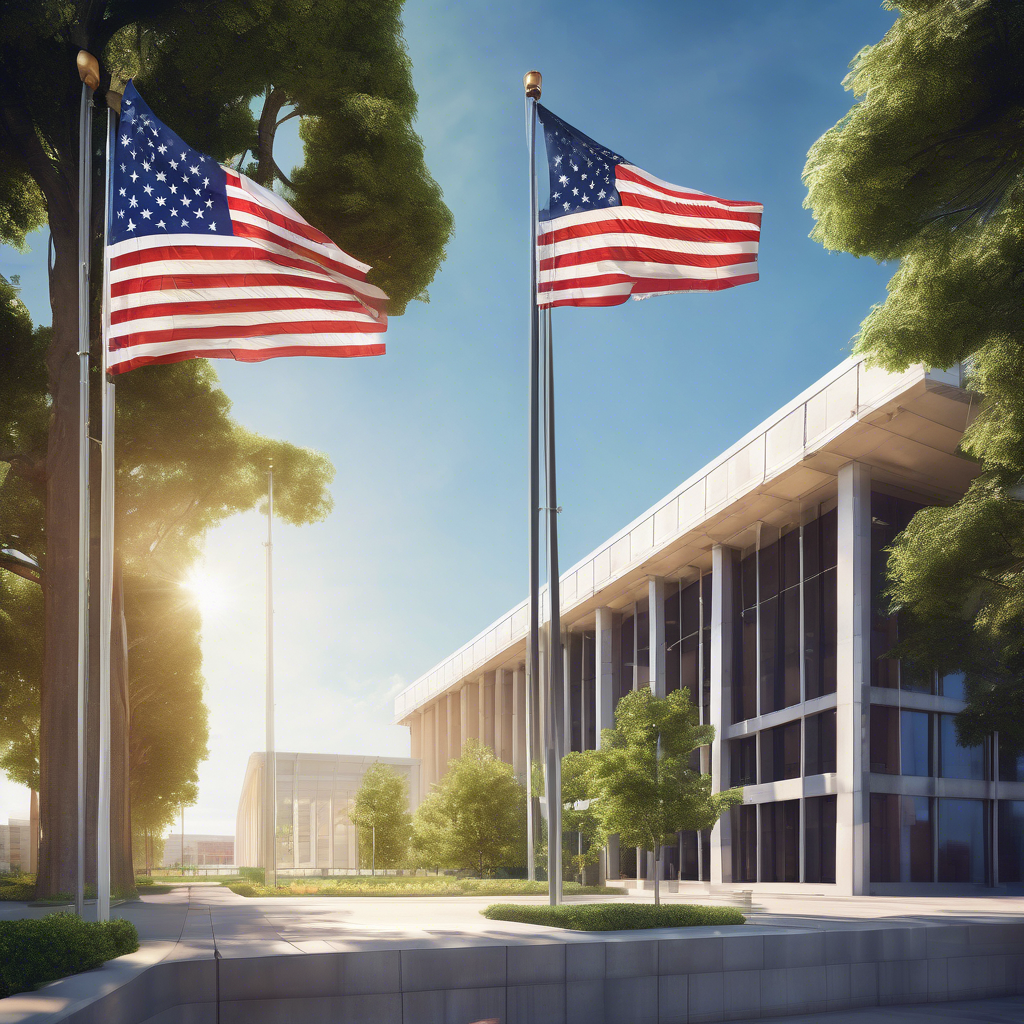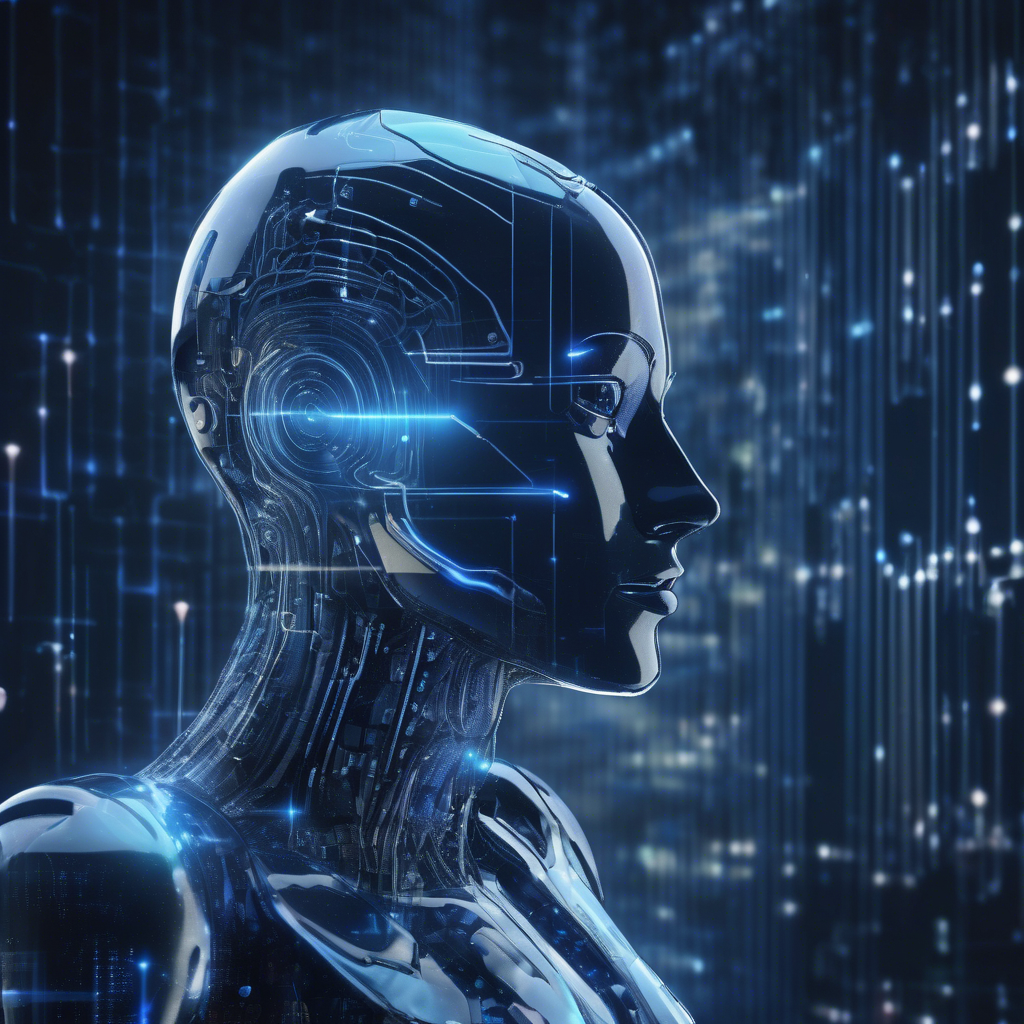Embracing Humanity: A Temple University Liberal Arts Commencement Speech on AI and the Future

Imagine graduating with a liberal arts degree amid the rise of AI—that was the mindset I faced addressing Temple University’s College of Liberal Arts, my alma mater, earlier this month. No one truly knows what AI’s future holds, not even its creators. I chose optimism centered on one core truth: no matter how advanced AI becomes, it cannot be human. Our uniquely human connections give us a distinct advantage. Here’s the speech I delivered: I’m honored to speak to the Temple College of Liberal Arts Class of 2025. You have endured “interesting times”—from navigating Covid in high school and college, to dealing with social media noise, and facing today’s unsettling political climate. I relate; when I attended Temple over 50 years ago, America was similarly unsettled under Nixon with the Vietnam War ongoing and uncertainty looming. Yet, you have a fear my generation did not: that AI might replace our future jobs and derail career dreams. During my time at Temple, I never touched a computer keyboard. It took nearly a decade post-graduation before I engaged with one directly while writing about hackers for Rolling Stone—a doorway that led me into the AI field. At MIT, I met Marvin Minsky, a pioneer who, back in 1956, optimistically believed computers would soon think like humans. That promise remained elusive for decades and was often mocked as perpetually “10 years away. ” Until breakthroughs in neural networks about 20 years ago, followed by the advent of powerful models like ChatGPT in 2017, turning AI from science fiction into reality. Most of you have likely collaborated with large language models like ChatGPT. Hopefully, none have used them to substitute your own work—though I won’t ask you to admit it now, with your professors watching. During my time at WIRED, I’ve spoken to leaders who call their efforts “the last invention, ” envisioning AI eventually surpassing humans to perform any task—artificial general intelligence (AGI). This looming future may bring anxiety as you enter the workforce, facing collaboration and competition with AI. But I say no—your education remains invaluable. You possess what no computer ever will: your humanity, a superpower cultivated in liberal arts fields like Psychology, History, Anthropology, Sociology, Philosophy, Political Science, and beyond. These disciplines involve interpreting human behavior and creativity with empathy that only humans can provide. Your insights carry an authenticity born from engaging with fellow humans. The tech industry knows this truth. Steve Jobs famously aimed to merge computers and liberal arts. Google initially prioritized computer science degrees but quickly realized the immense value liberal arts graduates bring in communications, business, management, and culture—many becoming key employees. Even AI firms benefit: Anthropic’s president, for example, is an English major inspired by Joan Didion. Your work achieves what AI cannot: forging genuine human connection.
OpenAI has trained models to generate creative writing, but creativity without a human soul feels hollow. Imagine reading a transformative novel or hearing a moving song only to find out it was machine-made—you might feel cheated. Research confirms people value human-created art more, even when they can’t necessarily distinguish it from AI’s output. Brain studies show we respond more positively when we believe a human created the work. This primal connection is at the heart of the humanities—and your superpower. I won’t sugarcoat it: AI will reshape the job market, making some roles obsolete. History teaches us new jobs will arise with technological advances—jobs AI can’t fill because they rely on genuine human connection. Your elite Temple education, paired with your uniquely human traits—curiosity, compassion, humor—will keep your work vital. As you embark on your careers, embrace your humanity. Use AI as a tool to automate mundane tasks and help explain complexities—it can be an invaluable assistant. But thrive by investing your heart and unique perspective. AI has no heart. So, Class of 2025, I leave you with a guiding mantra for these challenging times: I. Am. Human. Say it with me: I Am Human. Congratulations. Go forth and conquer the world—it remains yours to shape. And one final note: I did not use AI to write this speech. Thank you. (You can watch the full speech here, in full academic regalia. )
Brief news summary
In addressing Temple University’s College of Liberal Arts Class of 2025 amid the rise of AI, the alum speaker acknowledges the uncertainty AI brings but highlights a unique human advantage: authentic human connection. Reflecting on past challenges and AI’s rapid evolution—from skepticism to advanced models like ChatGPT—the speaker urges graduates not to fear AI competition. Their liberal arts education provides deep understanding of human behavior, creativity, and empathy, qualities AI cannot replicate. Citing Silicon Valley and AI firms, the speech emphasizes that while AI automates tasks, true human insight, curiosity, compassion, and humor remain irreplaceable. Research shows people value human-created art and literature more deeply than AI-generated works, reinforcing this edge. Graduates are encouraged to embrace their humanity alongside AI tools to thrive professionally. Ultimately, despite AI’s rise, being human—thinking, feeling, creating with heart—remains the enduring superpower leading to success.
AI-powered Lead Generation in Social Media
and Search Engines
Let AI take control and automatically generate leads for you!

I'm your Content Manager, ready to handle your first test assignment
Learn how AI can help your business.
Let’s talk!

Italy and UAE announce deal on artificial intelli…
Italy and the United Arab Emirates have partnered to establish a pioneering artificial intelligence (AI) hub in Italy, marking a major leap in Europe’s AI landscape.

Crypto Mining Giant DMG Blockchain Solutions Unve…
DMG Blockchain Solutions Inc.

EU Commits €200 Billion to AI Development, Includ…
The European Union has committed 200 billion euros to advance artificial intelligence innovation, demonstrating its ambition to become a global AI leader and emphasizing priorities such as technological development, economic growth, and digital sovereignty.

Filmmaker David Goyer Announces New Blockchain-Ba…
Quick summary: David Goyer believes that by utilizing Web3 technology, emerging filmmakers can more easily break into Hollywood, as it fosters innovation

House Republicans include a 10-year ban on US sta…
House Republicans have added a highly controversial clause to a major tax bill that would ban state and local governments from regulating artificial intelligence (AI) for ten years.

Polish Credit Bureau to Implement Blockchain for …
The Polish Credit Office (BIK), known as the largest credit bureau in Central and Eastern Europe, has recently announced a strategic partnership with UK-based fintech company Billon to integrate blockchain technology into its customer data storage systems.

Elon Musk's AI company says Grok chatbot focus on…
Elon Musk’s AI company, xAI, has admitted that an “unauthorized modification” caused its chatbot, Grok, to repeatedly post unsolicited and controversial claims about white genocide in South Africa on Musk’s social media platform, X. This admission has sparked extensive debate over potential AI bias, manipulation, and the need for transparency and ethical oversight in AI technologies.

 Auto-Filling SEO Website as a Gift
Auto-Filling SEO Website as a Gift








 Auto-Filling SEO Website as a Gift
Auto-Filling SEO Website as a Gift

